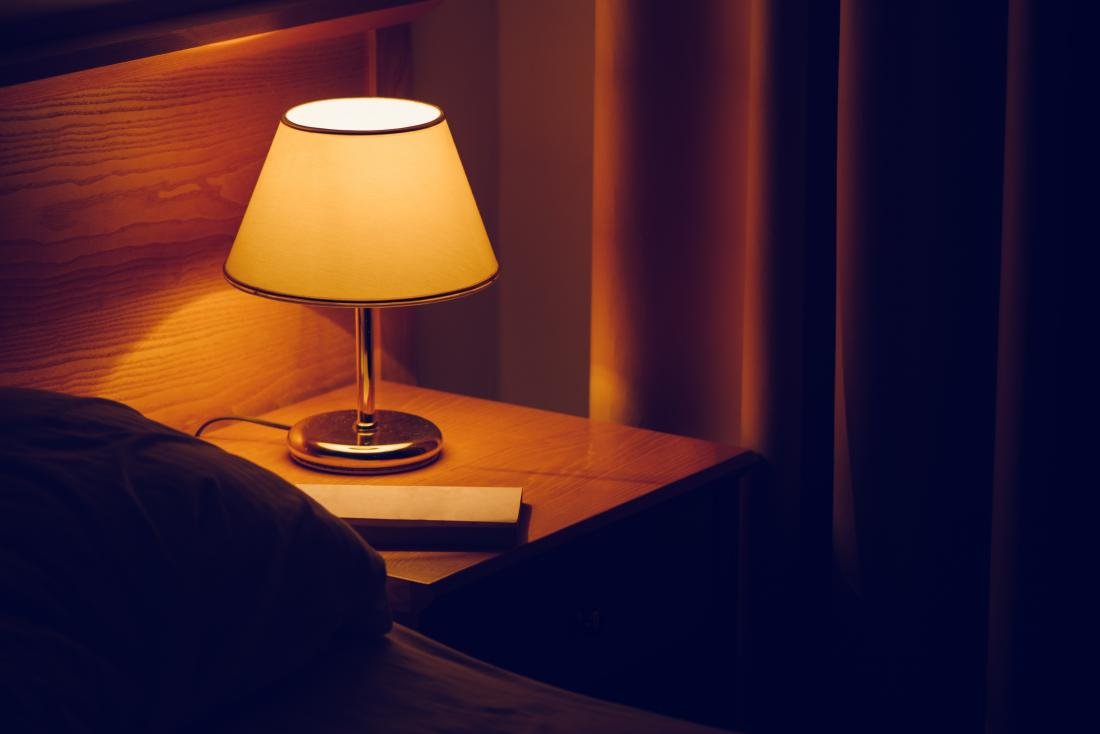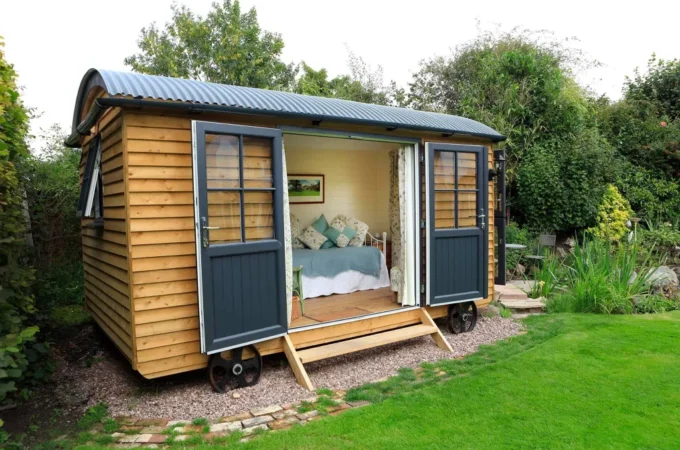
Beyond What You Can See: How Light Affects Us
Turn on the lights in a room and you’ll see what’s around you. But what, if anything, are those lights actually doing to you?
As it turns out, they’re doing quite a bit.
Thanks to numerous scientific studies, we now know that light doesn’t just give our eyeballs something to look at. Light can affect us, shape our mood, and even change the way we think and feel.
Consider how pervasive lights of all kinds are. Whether it’s natural sunlight or artificial fixtures, the light follows us constantly. Think about the lights in your ceiling, the light on your desk, the very light that’s currently traveling right now between your screen and your eyes. It seems, then, that it would serve us well to understand the various effects–both positive and negative–that light has on our minds and bodies.
Natural Light, Our Friend

Sunlight is an amazing phenomenon to stop and consider. From more than 90 million miles away, rays of visible and invisible light are pouring down on the Earth constantly. The sun produces energy equivalent to the explosion of billions of thermonuclear warheads every second. And while only a fraction of that energy is radiated into space (and towards the Earth) the light and heat that escapes the sun’s surface could still power entire metropolises for years. And that’s just what’s produced in a single second! Next time you feel the heat of the sun upon you, think about the amazing journey those photons have made just to impact on your skin.
But beyond providing light, warmth, power, and life to the Earth, the sun’s light has a profound effect on the human brain. A 2014 study concluded that folks with windows in their offices were more energetic during the day, able to sleep better at night, and generally had a greater sense of well-being than those without windows. That’s all down to sunlight’s effect on our circadian rhythm, the internal clock that tells our bodies when it’s time to be up and active (and when it’s time to bed down for the night).
In addition, two studies–one in 2013, and one in 2015–documented natural light’s ability to help people with depression. The studies collectively found that spending more time in sunlight (or artificial light tuned to mimic sunlight) helped to alleviate symptoms of depression when combined with antidepressants. That combination of light and medicine was found to be noticeably more effective than medicine alone. What a powerful source of healing we have access to, thanks to our solar system’s star.
Emotional Light

In 2014, researchers found that bright lights can translate to emotions that are, well, more bright. Participants in the study were exposed to emotional words and concepts, and those seated in brightly lit rooms consistently reported stronger internal reactions. It didn’t matter whether the word had a positive or negative connotation, either. The participants reported more intense feelings either way. They were even more likely to rate pictures of others as more attractive, judge aggressive-looking characters more harshly, and to prefer spicier sauces on chicken wings! Talk about lighting things up!
Feeling Blue (Light)

Thanks to how widespread smartphones, tablets, and home computers are these days, most of us have probably heard of the effects of blue light. You probably already know that exposure to blue light at night can cause sleep problems. What you may not know, though, is that bluer lights can also give us a boost during the day. The direct sunlight at noon is about 5600k temperature and is considered blue light.s
Studies found that folks exposed to bluer-tinted lights were more alert, completed cognitive tasks more quickly, and were generally more productive than those in a control group.
The effects of blue light even lasted after the exposure had ended. Could your office benefit from lights that were shaded towards the bluer side?
Hungry for More
A final interesting effect of light concerns something a bit more primal than our thoughts and emotions: our guts. When you go out to eat, do you like sitting in restaurants with subdued lights? You probably don’t realize those lights tend to make you want to eat at a more leisurely pace. You may even tend to eat less in such a setting. Sounds great for a date, right? Well, maybe not so much. That kind of lighting may also influence you to choose less healthy foods. Essentially, low lights cause us to relax and perhaps cause us to become a bit “freer” with our entree selections. You might be eating less food more slowly, but you’re also less likely to care about pesky things like calories. So, diners beware!
We experience the power of light every day. But next time your mood is up or down, you might think about how the light around you could be affecting the way you feel.




